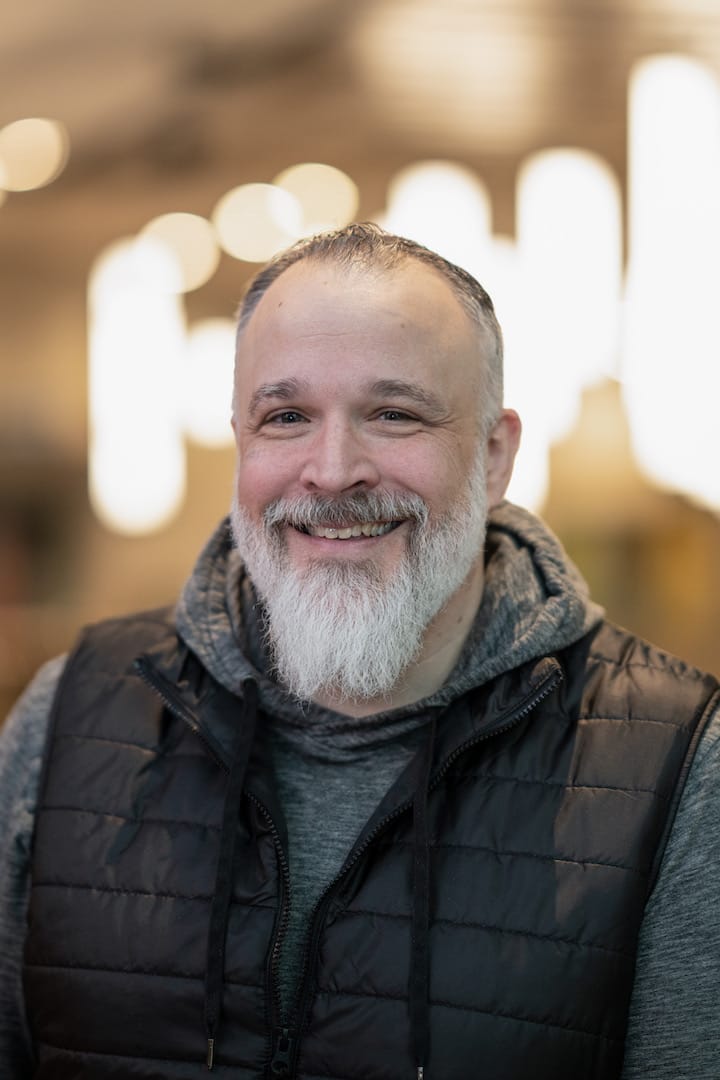

I’ve heard it once said:
Leadership is not a position or a title, it is action and example.
I think there is so much truth to this quote.
I have known many adults affected by IDD that were leaders. No, they did not hold an official position of leadership within the church or community, but they were leaders. They may not even have known how powerfully they were leading by example. They personally led me to understand what it meant to live by faith, to live a praying life, and to see the world with a sense of hope rather than cynicism. These lessons were taught to me by their actions and example. These lessons I learned from them were taught with far more precision than any sermon I ever sat and listened to.
Thinking of how effectively they led me to understand these truths I began to question why I never saw people affected by intellectual and developmental disabilities in real leadership roles. I say real leadership roles, because I have seen some adults put in token roles to meet a quota on a board. Even though these board members with IDD were always treated with respect they were rarely engaged in meaningful discussion during meetings.
How can we, the Church, claim to be a complete church (1 Cor 12:22) if we do not include people affected by IDD in leadership roles?
Now I know that is a BIG leap for many churches. It is a BIG leap because upwards of 90% have no form of a disability ministry at their churches.
There are growing conversations about the need for diversity in the church. I applaud this conversation and pray that it will become a reality. For churches that have little to no diversity in them the solution often lies in their hiring process. Your congregation typically reflects who is hired into its leadership roles. If you are serious about becoming a diverse conversation it often starts with who you are willing to hire. If you are willing to add diversity to your staff your congregation will likely follow suit.
In this diversity conversation let us not forget that diversity goes beyond just skin color. Diversity includes people affected by disabilities too. If a church desires to become more diverse it must include people affected by disability too.
Hiring adults affected by disability in the church is a HUGE statement. It again is probably a larger leap that most churches are prepared for if they haven’t embraced the idea of having a Disability Ministry already. If they aren’t there yet churches should consider empowering adults affected by IDD to become key volunteers. Great volunteer positions are prayer warriors, children’s ministry workers, greeters, ushers, camera operators, and sign language interpreters to name a few.
This is a great step in the right direction. Beyond volunteering churches should consider adding adults affected by IDD to their church leadership in the form of elders and deacons. This should not be done as token positions. Individuals should be vetted the same as all others on their boards. Adults with IDD shouldn’t be there to just fill a seat, but rather to contribute. All believers are gifted by the Holy Spirit and have something to contribute to building up the body of Christ. IQ scores have no bearing on whether you qualify for being given a gift by God.
Until churches wake up to this reality and seek to become a complete church people affected by IDD will unfortunately be sidelined. That doesn’t mean that people are without hope. Just remember that leadership is far more than a position or a title. Leaders lead. It is their actions and example that is far more important than the title.


